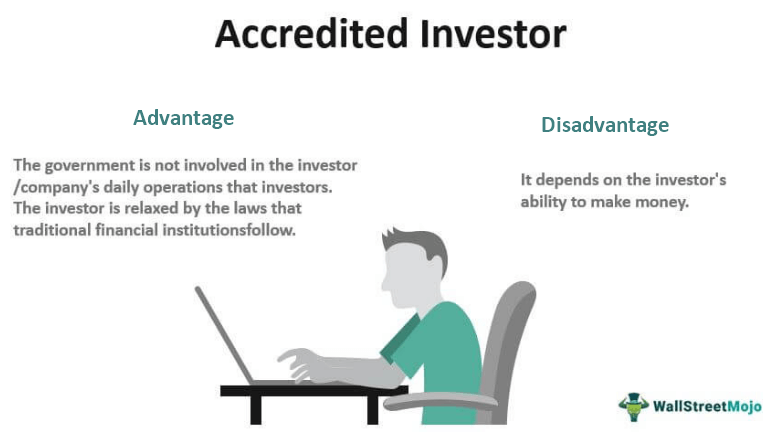5 things you need to do to get ready for due diligence
PRO Webdevelop , LLC, we actively vet the deals featured on our platform. Startups that successfully make it through our due diligence process tell us it is one of the most stringent assessments they’ve experienced. Aside from being valuable to our investors, our due diligence process is also beneficial to our entrepreneurs. Our process allows entrepreneurs to ready themselves, and their materials, for future meetings with investors. Many times, startups are unprepared when beginning the due diligence process. So to help, here are five initial steps entrepreneurs should take to prepare for due diligence before approaching investors:
1. Understand Your Market
One of the first things I like to do when starting due diligence is run through the investor deck and hop on a call with the CEO to discuss the initial, basic questions I have about their business. As CEO of an early stage company, I expect you to know your startup and market inside and out. If you need to double check that something in your deck is correct or get back to me on a question I ask, this is not a good sign. I’m also concerned if an entrepreneur has excluded crucial information from their investor materials. For example, if you don’t include a competitive analysis in your deck, it doesn’t mean I think you have no competition; it just means I don’t think you’ve analyzed your business and market properly. Every investor is going to ask for key information such as competitive landscape and addressable market, so you might as well include these to prove you understand them.
2. Review Your Documents for Accuracy
The majority of due diligence materials I receive have errors in them. Simple statistical, grammatical, or even cosmetic errors in your materials can give the impression that you are lazy or careless. Double check your work; looks and accuracy are important to potential investors.
3. Be Realistic, Not Overly Idealistic
I do understand that it is in the realm of possibility for your company to acquire 10,000 clients next year and be a $1 billion company in 3 years, but that doesn’t mean that it’s realistic. You may be trying to show the full potential of your business, but realize that startup financial projections are almost never accurate, and therefore not as useful to investors as you might think. Your financial projections are there to demonstrate your understanding of the fundamental unit economics and scalability of your business model, not to daydream. The main concern of potential investors regarding your future finances is the loss of their investment (i.e. is your company going to run out of cash). Alleviate this concern by clearly outlining how you’re going to break even, including plans for future financing (if necessary), and providing other attainable financial metrics.
4. Be Open to Tweaking Your Valuation
Entrepreneurs usually have an understandably emotional attachment to their startup. This can cause them to value their company higher than an outside investor would. Unless you have a term sheet from a legitimate outside investor, the valuation you are giving your company is, more often than not, too high. A potential investor will most likely argue this point, especially if you haven’t raised any capital yet for your current round. If you are going to try to fundraise at your desired valuation, you should have a legitimate answer when someone asks how the terms of your financing round were determined. “Discussion with current investors/advisors” does not usually suffice; having supporting data and/or comparative market statistics is helpful.
5. Dedicate Time to the Process
Going through the due diligence process with a potential investor is similar to the interview process with a potential employer. Once you begin, every aspect of you and your business will be scrutinized. After an initial meeting or phone call with a potential investor, it is not a good idea to make the investor wait days (or sometimes weeks) for requested information, updated documents, etc. If an investor asks you questions, be sure to respond in a timely manner. Potential investors understand you are very busy, but if you’re expecting to get a check, you should move them up your priority list, or you risk being taken off of theirs.
While the due diligence process is laborious, it is a crucial step towards raising capital. By having a thorough understanding of your market, accurate documents, a realistic outlook for your company, a fair valuation, and a commitment to prioritizing the due diligence process, you will be better prepared to undergo due diligence, and increase your chances of having a successful fund raise.
This post was written by James Han on April 2, 2015



